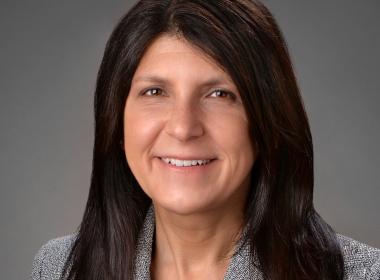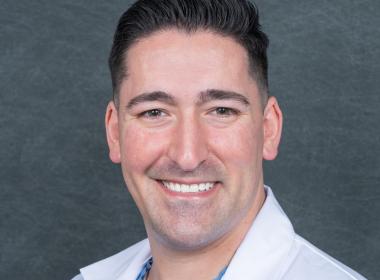

Doctor
Nancy Louis, MD Chair of Pediatrics, Midstate Medical Center and Hospital of Central Connecticut | Medical Director, Neonatology, Midstate Medical Center and Hospital of Central Connecticut
- Specialties
- Neonatology

Doctor
Allison Schilling, BSN, MSN, PNP-BC Nurse Practitioner, Cardiac ICU
- Specialties
- Heart Center
- Critical Care

Doctor
Laura McKay, MD Pediatric Hematologist/Oncologist | Director, Hemostasis & Thrombosis Program
- Specialties
- Center for Cancer & Blood Disorders
